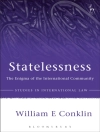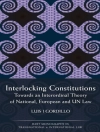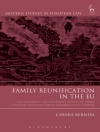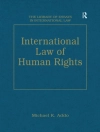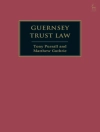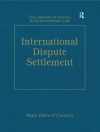This book explores the role of gender in the recognition of an individual’s legal capacity. It discusses the meaning of the right to legal capacity and its two core elements – legal personhood and legal agency. It then analyses historical and modern denials of personhood and agency experienced by women, disabled women, and gender minorities – for example, prohibitions from voting, limitations on contracting, loss of personhood upon marriage, and gender binary requirements leading to an inability to exercise legal capacity, among others. Using critical feminist, disability, and queer theory, this book also offers insights into the construction of legal personhood and its role as a predictor of power and privilege. The book identifies patterns of oppression through legal capacity denial in various jurisdictions and discusses situations in which modern law continues to enforce these denials. In addition, the book presents solutions: it identifies practices to learn from in various jurisdictions around the world – including both civil law and common law jurisdictions. It also uses case studies to illustrate the ways in which existing laws, policies and practices could be reformed. As such, the book offers both a novel contribution to the field of legal capacity law and a tool for creating change and helping to realise the right to legal capacity for all.
Spis treści
1. Right to legal capacity: Debates and legal argument.- 2. Personhood: perspectives from critical feminist, disability and queer studies.- 3. Gender, disability & decision-making: Historical discrimination.- 4. Gendered denials: Law, policy and practice.- 5. Vulnerability created by legal capacity denials.- 6. Creating change: Examples of modern reform and recommendations.
O autorze
Dr Anna Arstein-Kerslake is an Associate Professor at Melbourne Law School. She is the author of one of the first books on the right to legal capacity, Restoring Voice to People with Cognitive Disabilities (Cambridge University Press, 2017). She supported the United Nations Committee on the Rights of Persons with Disabilities in the drafting of their general comment on the right to equal recognition before the law and she has worked with domestic and international bodies around the world on law and policy reform towards the realisation of the right to legal capacity.


